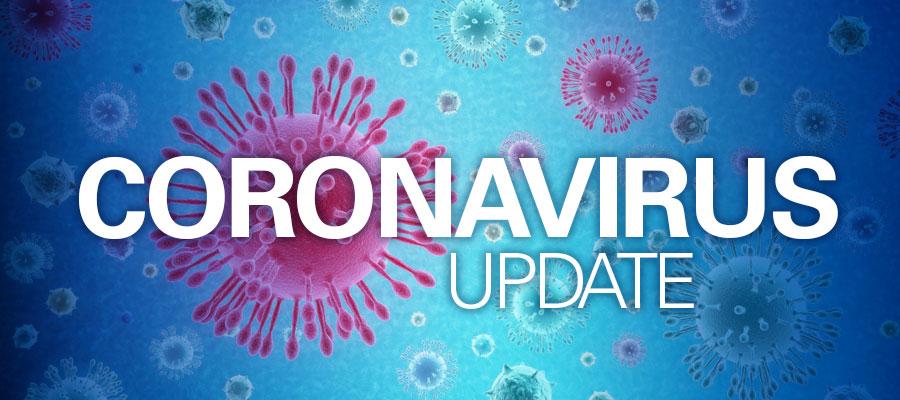AHA issues Advisory on caring with limited resources during COVID-19 crisis

Responding to requests from hospitals and health systems, the AHA has compiled resources, tools and sample policies that hospital and clinical leaders may find helpful in developing their own organization’s approach to caring for patients with limited resources or under crisis circumstances.
See the AHA Advisory for protocols and educational tools and resources related to clinical ethics and crisis standards of care. Please note that the tools listed do not necessarily reflect the views of the AHA, nor do they constitute clinical advice from the AHA. Rather, they are meant to assist hospitals and health systems in devising or refining their own approaches.
Related News Articles
Headline
The Food and Drug Administration today released two guidance documents; one related to low-risk wellness products (including certain wearable devices) and the…
Headline
The Centers for Disease Control and Prevention Dec. 11 released a report that found last year’s version of the COVID-19 vaccine was 76% effective in preventing…
Headline
The AHA provided recommendations to the Food and Drug Administration Dec. 1 in response to a request for information on the measurement and evaluation of…
Headline
The Food and Drug Administration has identified a Class I recall of Baxter Life2000 Ventilation Systems due to a cybersecurity issue discovered through…
Headline
Flu cases are growing or likely growing in 39 states, according to the latest Centers for Disease Control and Prevention data from Nov. 11. COVID-19…
Headline
The Food and Drug Administration yesterday published an announcement from Otsuka ICU Medical saying that the company issued a voluntary recall for a mislabeled…

